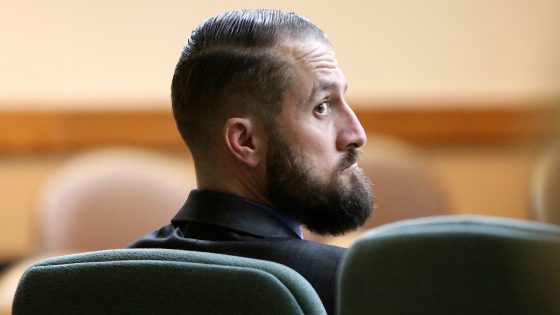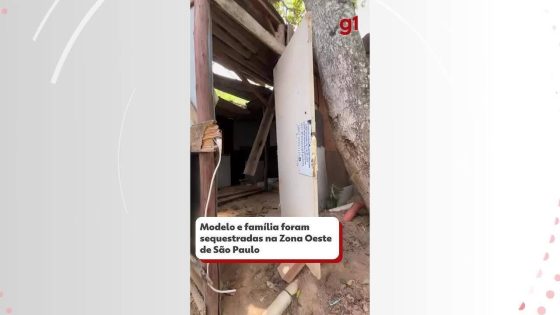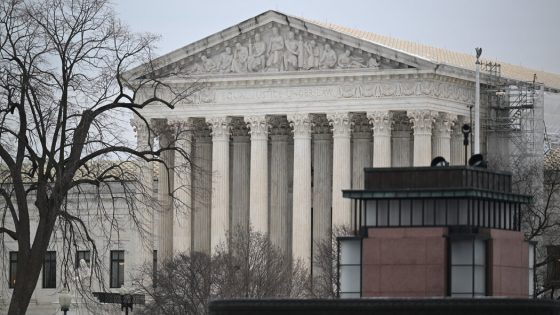A jury in Santa Fe, New Mexico, found former police officer Brad Lunsford guilty of voluntary manslaughter on February 13, 2025. The conviction stems from the fatal shooting of Presley Eze, a Black man, during a confrontation at a gas station in 2022.
- Former officer guilty of voluntary manslaughter
- Shooting linked to systemic police brutality
- Defense attorney plans to challenge verdict
- Fatal shooting involved minor crime response
- Attorney General condemns use of deadly force
- Difficulties in prosecuting police misconduct cases
The case against Brad Lunsford highlighted ongoing concerns regarding police conduct and systemic issues related to law enforcement’s treatment of Black individuals. During the trial, evidence included body camera footage showing the moments leading up to Eze’s death after he allegedly stole beer from the gas station and struggled with officers. Prosecutors contended that Lunsford shot Eze at close range while he posed no immediate threat.
Attorney General Raúl Torrez emphasized that Lunsford’s actions represented an egregious misuse of power. He stated that the verdict reinforces accountability within law enforcement agencies. Voluntary manslaughter carries a potential sentence of up to nine years in prison, reflecting the severity of the crime as determined by the jury.
Experts note that securing convictions in cases involving police shootings is challenging due to legal precedents favoring officers’ split-second decisions during confrontations. Over two decades, only 66 out of 205 arrested officers faced convictions for homicide or manslaughter charges across various jurisdictions.
This case adds to a growing discourse surrounding police reform and accountability in America, particularly following high-profile incidents like George Floyd’s death in 2020. The outcome may influence future cases and discussions about policing practices nationwide.
The conviction of Brad Lunsford underscores critical conversations about police conduct towards marginalized communities. As this case unfolds further through appeals and potential sentencing, it will likely continue to draw attention to broader systemic issues within policing practices across North America.
































